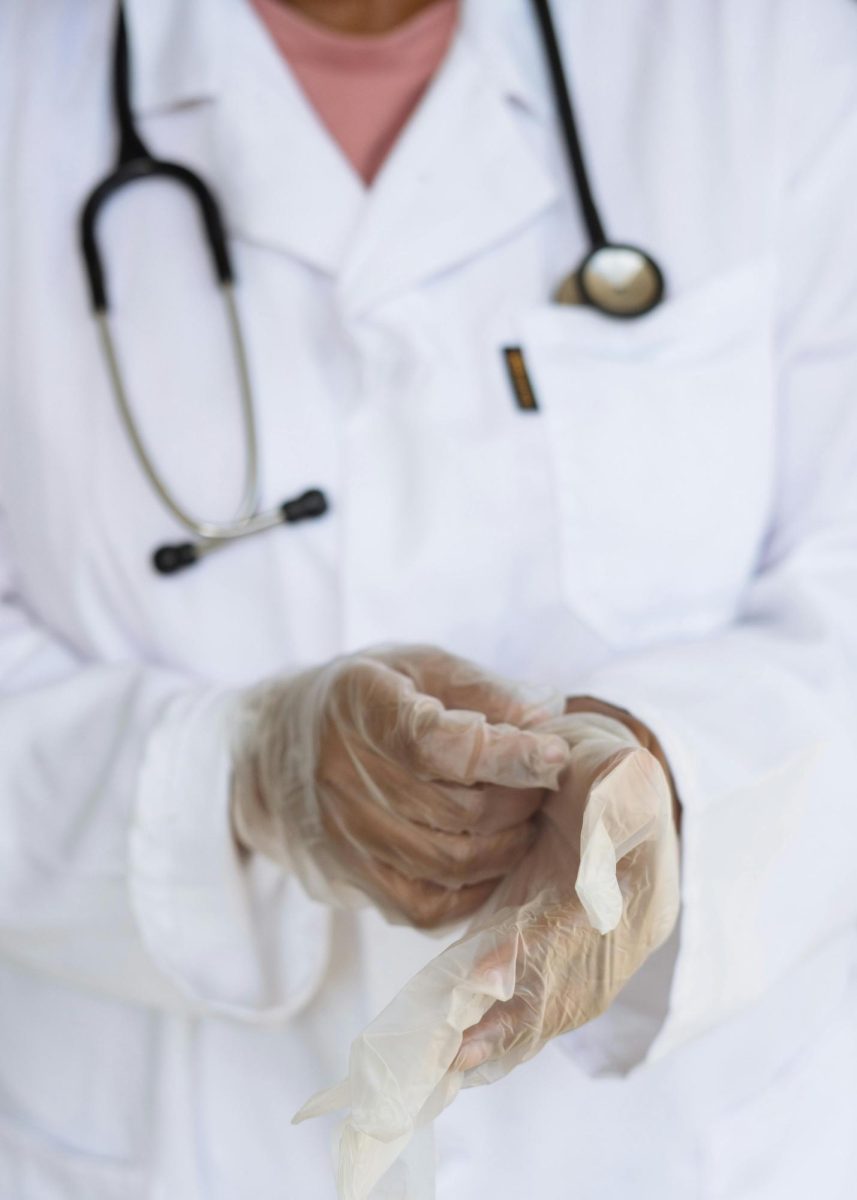College is a time for students to explore the world, meet new people, and learn more about themselves; unsurprisingly, this period is often associated with increased sexual activity. A study by the Health Resources and Services Administration reported that around 94% of college students are sexually active.
On the flip side, this makes students more susceptible to sexually transmitted infections, or STIs. The Centers for Disease Control and Prevention estimated in 2021 that one of four college students will develop a sexually transmitted disease, or STD, by the end of their education.
Of the nearly 20 million new STIs diagnosed each year in the United States, around half are seen in Americans aged 15–24. Such diseases often do not present with symptoms, meaning that they can rapidly be spread from person to person without a diagnosis.
To combat the spread of these infections, the North Jersey Community Research Initiative and NJIT’s Campus Health Services collaborated to provide a free STI testing initiative for NJIT, which is being held in Rooms 220 and 225 on the second floor of the Campus Center. The facility provides STI screening as well as a monkeypox vaccine and rapid tests for HIV and Hepatitis C.
Deneen Scuderi, Director of Campus Health Services, explained through email that the initiative was proposed to promote a culture of sexual health awareness and responsibility on campus. “It was also established to alleviate the stigma and privacy concerns commonly associated with seeking screenings. Confidentiality ensures privacy and encourages students to seek testing without fear of judgment or disclosure,” she wrote.
Scuderi and Peggy Springer, Assistant Director of Campus Health Services, reported that moving the STI screening services from the mobile unit to the Campus Center resulted in a doubling of the usage of these services.
Scuderi and Springer emphasized the importance of regular screening, stating that STI testing is an important part of health for the overall campus community.
The difference between an STI and STD is that the first is an infection, while the second is a disease; if STIs are detected before they develop into STDs, this can reduce the incidence of STIs in the campus population as well as result in fewer health complications. The free screening means that students may be more likely to take advantage of this opportunity, reducing transmission of these infections.
Scuderi wrote, “Access to free STI screenings empowers students to take control of their sexual health and make informed choices about their well-being.” A lack of awareness about the infections and how they are acquired is the cause of several cases. “It fosters a sense of responsibility and encourages an open dialogue about sexual health among peers,” she continued.
“Normalizing STI testing through free screening services helps reduce the stigma associated with STIs,” Springer explained. “By promoting a culture of acceptance and support, colleges can create a safer and more inclusive environment for students to seek testing and support without fear of judgment.”
The first date was Jan. 11, and further dates included Jan. 25, Feb. 8, and an upcoming date of Feb. 29 from 3 p.m. to 7 p.m. This initiative has been expanded to occur bi-monthly on Thursdays, with two sessions available: 10 a.m. to 2 p.m. and 3 p.m. to 7 p.m. The screening itself takes place in Rooms 220 and 225, while Room 215 serves as a waiting area — no appointments or insurance are required, and all tests are free and confidential.
In addition to getting tested regularly, Scuderi and Springer recommended the following practices for students.
- Regular Testing
Incorporate STI screening into your routine healthcare regimen, especially if you are sexually active or engage in high-risk behaviors.- Stay Informed
Educate yourself about common STIs, their symptoms, and prevention strategies. Understanding the importance of safe sex practices, including condom use and communication with sexual partners, can reduce the risk of contracting STIs.- Seek Support
Don’t hesitate to seek support from healthcare providers, counselors, or peer educators if you have questions or concerns about sexual health. These resources are available to assist you in making informed decisions about your sexual well-being.
































